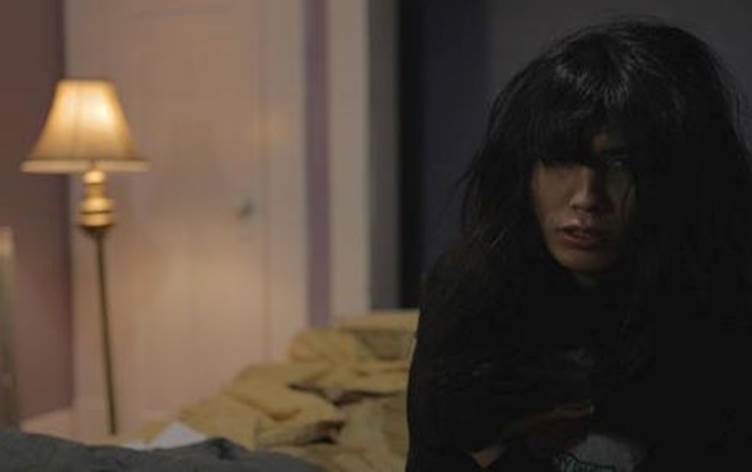Toronto, Canada – For Jina, who remains haunted by memories of the Iran-Iraq war, heroin is her only friend: it’s the only force capable of numbing her aching agony.
Jina’s story mirrors that of countless Kurds, exploring the long-term effects of war on children and their struggle to survive as adults.
It is also the plot of “Turbulence,” a powerful film that featured earlier this month at the Reelworld Film Festival in Toronto and won a nomination for Best Canadian Film at the Vancouver International Film Festival last year.
The work is a multi-layered story with many sub-plots about war and its aftermath, drug addiction and rehabilitation. It also explores father-daughter relationships as well as immigration, racism, murder, rape and post-traumatic stress disorder.
Last week at the Cineplex Scotia Bank Theatre in downtown Toronto, film director Soran Mardookhi was asked what inspired him to make the film: “When I was a child, I didn’t know anything but war,” replied Mardookhi, a Kurd from Sina (Sanandaj) in Iranian Kurdistan.
Jina, the lead character, has experienced war in Iraqi Kurdistan firsthand, but is unable to articulate her pain or deal with her trauma, years after her arrival in Vancouver, where she immigrated with her father – her only surviving relative.
Mardookhi, who himself arrived in Canada from Iran in 2010, made Turbulence in 2014 in Vancouver. Lack of funds and high-tech equipment were his main challenges, and his actors were mostly volunteer members of the Kurdish community.
Yet, he won over all the challenges with a talent for filmmaking and cinematography, as well as a sense of direction and eye for detail.
Telling the story through Jina and her father, Mardookhi explores a rare scenario: how the older generation has an easier time adapting to a new culture than the younger one.
Sherzad, Jina’s father, is the absolute opposite of the stereotypical Kurdish father. He continues to wholeheartedly support his daughter, without judging her, in spite of the stigmatization they suffer in the community because of her addiction.
He is the only reason Jina tries to go back to normal life, but fails.
Regardless of his troublesome child, his failing memory and all the challenges of building a life in a new country, Sherzad continues to dream. Now in his 70s, he has invented a new machine and wishes to register the patent and sell it to large companies. An electrical engineer in Kurdistan, turned interpreter in Canada, Sherzad is now too poor to afford the patenting fees for his invention.
The movie offers some unexplained scenes: it remains unclear who the hair salon owner is that Jina goes to for borrowing money; the audience remains surprised how Jina, who couldn’t have arrived in Vancouver earlier than age 20, speaks such perfect English and is so deeply estranged from the Kurdish way of life; her mannerism is more Canadian than Kurdish; the murder scene at the end, seeming to completely change Jina, is skipped over entirely and the final climax is about too many events and makes the drama tend to get melodramatic.
Nevertheless, “Turbulence” is a moving feature film with a powerful music selection that manages to stir emotions among Canadian and Kurdish audiences, encouraging them to sympathize with Sherzad.
It also offers insightful glimpses into life after war and immigration, making the audience ponder over how refugees continue to suffer from painful pasts, even after they are physically safe.




Comments
Rudaw moderates all comments submitted on our website. We welcome comments which are relevant to the article and encourage further discussion about the issues that matter to you. We also welcome constructive criticism about Rudaw.
To be approved for publication, however, your comments must meet our community guidelines.
We will not tolerate the following: profanity, threats, personal attacks, vulgarity, abuse (such as sexism, racism, homophobia or xenophobia), or commercial or personal promotion.
Comments that do not meet our guidelines will be rejected. Comments are not edited – they are either approved or rejected.
Post a comment